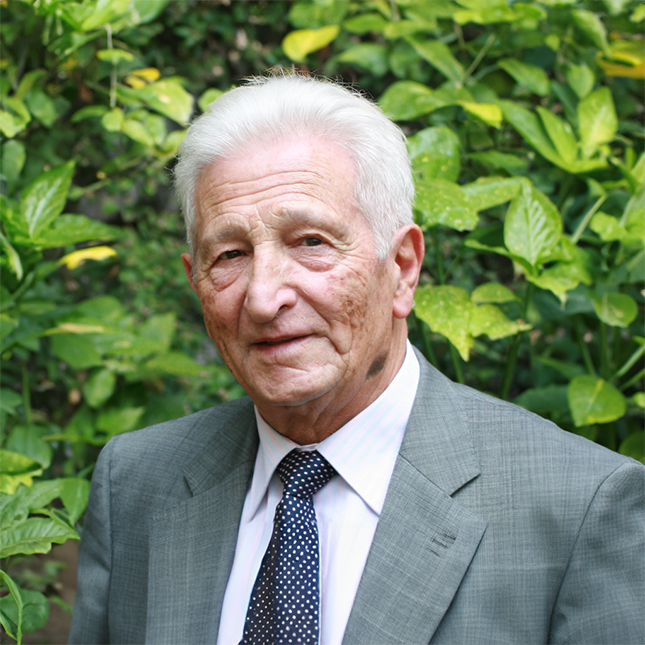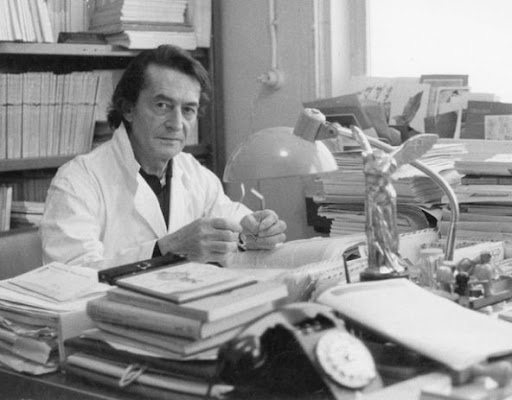Imagine an approach that goes far beyond visible behaviour, a method that explores the inner workings of your thinking – that’s where the semiology of human behaviour comes in.
With our neurobehavioural questionnaire, we map the pathways of your neuronal system, not just your apparent personality.
Because to evolve, we need to understand the origins of our mental patterns.
Jean Timar
A researcher in the human sciences and behavioural biology, Jean Timar is the creator of the mapping of the 12 functioning circuits.
He has also discovered and explored the 24 sensory possibilities that enrich the resources of the 5 traditionally known senses. He has worked with senior executives and HR managers for national and international groups – 40 years of joint experimentation and follow-up in companies have enabled him to test the value and accuracy of his reading grid, built on the foundations of Henri Laborit’s research, in a variety of socio-professional environments.
Jean Timar is the author of ten books on the biology of behaviour, the most recent of which is L’anamorphose comportementale (February 2024).
Henri Laborit
Henri Laborit was a French biologist, physician and philosopher, known for his work in neurobiology and his theories on human behaviour. He made significant contributions to the understanding of stress, defence mechanisms and inhibition of action.
Laborit emphasised that our behaviour is often dictated by fundamental biological mechanisms, particularly in situations of stress or danger. He introduced the concept of action inhibition, whereby when faced with a situation perceived as dangerous or stressful, the organism often chooses inaction or flight as a means of defence.
His work also explored the importance of the environment and the social environment on human behaviour, highlighting that our actions are often influenced by factors outside our own control.
Laborit is also known for his book Éloge de la fuite, in which he argues that, in an often oppressive world, flight can be a legitimate form of resistance and self-determination.
His multidisciplinary approach has had a lasting impact on the human and social sciences, influencing many fields from psychology to sociology.



